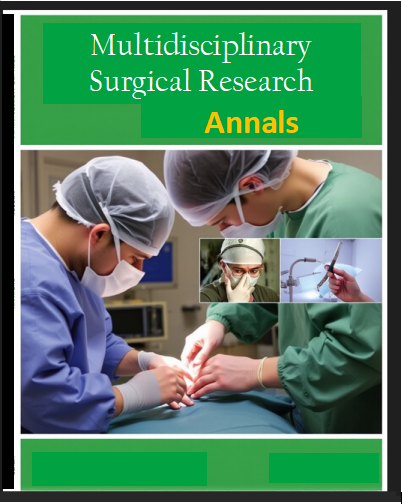Molecular and Histopathological Advances in Breast Cancer Diagnosis: Integrating AI and Biomarker Profiling for Personalized Therapeutics in 2025
Keywords:
Molecular and Histopathological, Breast Cancer, Personalized TherapeuticsAbstract
Background: Breast cancer is the most frequently diagnosed cancer in women worldwide. Early and precise diagnosis is important to maximize the outcomes of treatment. The purpose of this research was to combine histopathological assessment, molecular biomarker profiling, and artificial intelligence (AI)-aided digital pathology to increase diagnostic accuracy and therapeutic targeting of breast cancer patients.
Methods: 60 female breast cancer patients admitted in Bahawal Victoria Hospital, Bahawalpur, were included. Histological grading, immunohistochemistry (ER, PR, HER2, Ki-67), and molecular analysis (BRCA1/2, TP53, PIK3CA, EGFR) were done. AI algorithms were used to evaluate digital histopathology slides for tumor classification, mitotic activity, and Ki-67 scoring. Statistical correlations among molecular, pathological, and AI parameters were assessed.
Results: The most prevalent subtype was invasive ductal carcinoma (63.3%). Tumors with high grade had high Ki-67 index, TP53 mutation, and aggressive phenotype. Triple-negative breast cancer was diagnosed in 16.7% of the cases. AI-aided analysis achieved 88% grade accuracy and 93% Ki-67 score agreement compared with conventional assessments. Molecular profiling identified clinically actionable mutations in 40% of patients.
Conclusion: The incorporation of conventional pathology, molecular diagnosis, and AI-based analysis greatly augments breast cancer assessment and management. This inter-disciplinary model facilitates individualized therapeutic intervention, especially in resource-constrained healthcare environments, and is an encouraging step forward in precision oncology.




